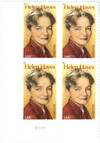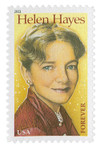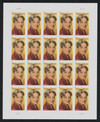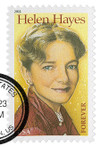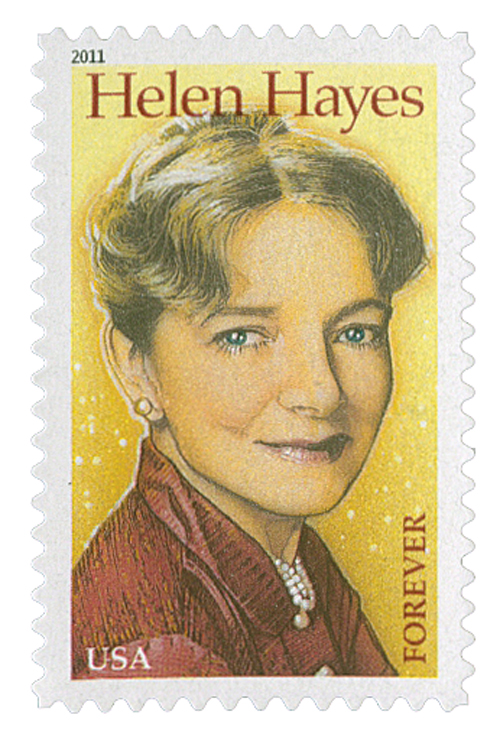
# 4525 - 2011 First-Class Forever Stamp - Helen Hayes
City: Washington D.C.
Printed By: Avery Dennison
Happy Birthday Helen Hayes
Hayes’ grandparents had come to America during the Irish Potato Famine of the mid-1800s. Her mother was an aspiring actress and her father worked a number of odd jobs, including as a clerk at the Washington Patent Office.
From a young age, Hayes was drawn to performing on stage. At the age of five she made her stage debut singing at Washington’s Belasco Theatre (across the street from the White House). By the time she was 10, Hayes had appeared in her first short film, Jean and the Calico Doll.
Meanwhile, Hayes also attended prestigious schools, such as the Dominican Academy in New York City. While there she appeared in The Old Dutch, and Little Lord Fauntleroy, among other plays. She graduated from the Academy of the Sacred Heart Convent in 1917. Hayes married playwright Charles MacArthur in 1928 and soon moved to Hollywood after he signed a studio deal.
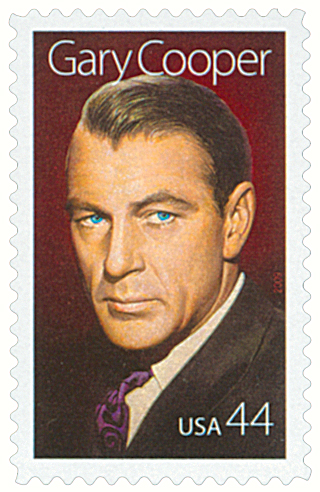
Hayes made her first sound film in 1931 – The Sin of Madelon Claudet. She won the Academy Award for Best Actress for playing the film’s title role. She went on to star in such other Hollywood films as Arrowsmith (with Ronald Colman), A Farewell to Arms (with Gary Cooper), The White Sister (with Clark Gable), What Every Woman Knows (which she’d previously done on Broadway) and Vanessa: Her Love Story.
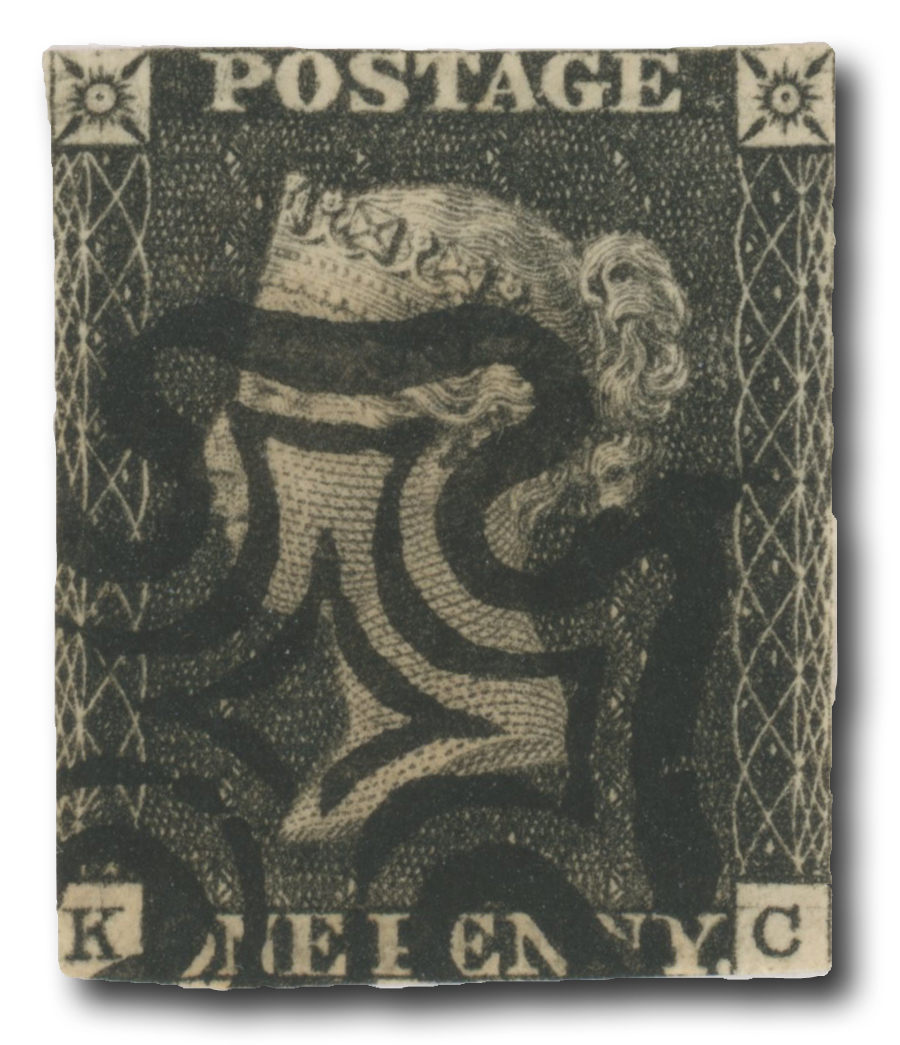
Despite her success as a Hollywood film actress, Hayes was more comfortable with the stage. In fact, she once said, “I don’t think I’m much good in pictures… I have a beautiful dream I’m elegant on stage.” So in 1935, Hayes returned to New York. For the next three years she held the title role of Victoria Regina alongside Vincent Price. Hayes played England’s Queen. Victoria’s namesake, the Queen of Spain, was reportedly quite impressed by Hayes’ complete mastery of her grandmother’s mannerisms.
Years later, Hayes worked on the Broadway revival of J.M. Barrie’s (best known for Peter Pan) play, Mary Rose. Then in 1952 Hayes became the first person to win the Sarah Siddons Award for her performances and support of Chicago theaters. She would win the award again in 1969.
Hayes returned to Hollywood in the 1950s and found even greater success. She starred in My Son John and Anastasia (along side Ingrid Bergman). She later won an Academy Award for Best Supporting Actress in Airport. After that Hayes appeared in a number of Disney films including Herbie Rides Again, One of Our Dinosaurs is Missing, and Candleshoe. Hayes made her last Broadway appearance in the 1970 revival of Harvey.
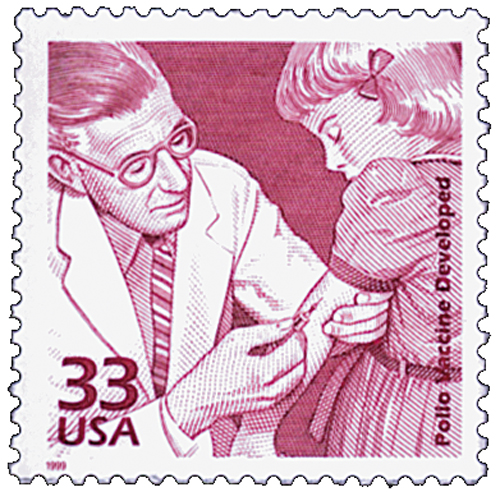
Throughout her career, Hayes took time off from acting to care for her sick husband and following the death of her daughter to polio in 1949. In her grief, Hayes founded the Mary MacArthur Fund to help fight the disease. Doctor Jonas Salk credited Hayes with helping to fund his lifesaving vaccine.
In 1955, the Fulton Theatre in New York City was renamed the Helen Hayes Theatre. However, in the 1980s businessmen wanted to demolish the building to construct a hotel. Though she had no stake in the building, they asked for her consent, which she granted. Parts from the theater were later used in the Shakespeare Center. Two other theaters were later renamed in Hayes’ honor. There is also a Helen Hayes Award for theater in Washington, D.C.
Hayes is often called the “First Lady of the American Theatre,” though it’s unknown just where or when this title originated. Her friend Katherine Cornell has also received this title, and both women believed the other deserved it. As one critic put it, “Cornell played every queen as though she were a woman, whereas Hayes played every woman as though she were a queen.”
Hayes was also friends with First Lady Lady Bird Johnson. Together they founded the national Wildflower Research Center (now the Lady Bird Johnson Wildflower Center) in Austin Texas in 1982. Today the center is one of the top advocates for rare and at-risk plant species.
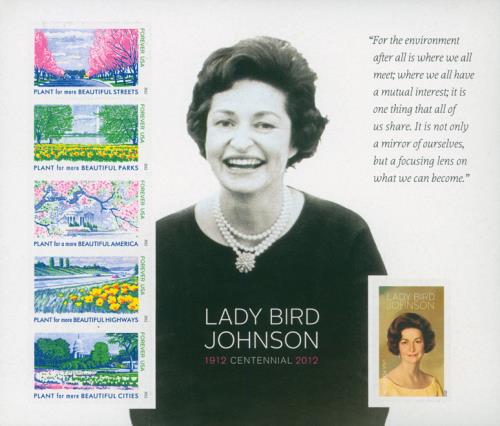
In her later years, Hayes devoted her time to writing and philanthropy. She was a founding member of the Riverside Shakespeare Company and on the board of directors for the New York Council of the Girls Scouts. She also made brief returns to the stage for benefits at the Shakespeare Center where she and several other performers read aloud A Christmas Carol. Hayes’ most devoted work though, was the Helen Hayes Rehabilitation Hospital. She began working with the hospital in the 1940s and joined its Board of Visitors in 1944. Over the years she worked tirelessly to secure the hospital funding, spearhead fund-raising events, and making numerous personal appearances. The hospital was named in her honor in 1974 and she remained on the board until her death.
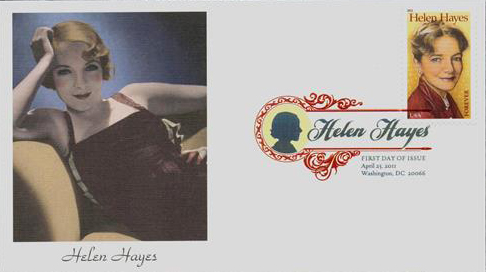
Having long suffered health issues, Hayes died on March 17, 1993. That day, the lights of Broadway were dimmed in her honor. Hayes is one of just 12 people to win Emmy, Grammy, Oscar, and Tony awards (often referred to as EGOTs). Hayes also received the Presidential Medal of Freedom, America’s highest civilian honor, as well as the National Medal of the Arts.
City: Washington D.C.
Printed By: Avery Dennison
Happy Birthday Helen Hayes
Hayes’ grandparents had come to America during the Irish Potato Famine of the mid-1800s. Her mother was an aspiring actress and her father worked a number of odd jobs, including as a clerk at the Washington Patent Office.
From a young age, Hayes was drawn to performing on stage. At the age of five she made her stage debut singing at Washington’s Belasco Theatre (across the street from the White House). By the time she was 10, Hayes had appeared in her first short film, Jean and the Calico Doll.
Meanwhile, Hayes also attended prestigious schools, such as the Dominican Academy in New York City. While there she appeared in The Old Dutch, and Little Lord Fauntleroy, among other plays. She graduated from the Academy of the Sacred Heart Convent in 1917. Hayes married playwright Charles MacArthur in 1928 and soon moved to Hollywood after he signed a studio deal.

Hayes made her first sound film in 1931 – The Sin of Madelon Claudet. She won the Academy Award for Best Actress for playing the film’s title role. She went on to star in such other Hollywood films as Arrowsmith (with Ronald Colman), A Farewell to Arms (with Gary Cooper), The White Sister (with Clark Gable), What Every Woman Knows (which she’d previously done on Broadway) and Vanessa: Her Love Story.

Despite her success as a Hollywood film actress, Hayes was more comfortable with the stage. In fact, she once said, “I don’t think I’m much good in pictures… I have a beautiful dream I’m elegant on stage.” So in 1935, Hayes returned to New York. For the next three years she held the title role of Victoria Regina alongside Vincent Price. Hayes played England’s Queen. Victoria’s namesake, the Queen of Spain, was reportedly quite impressed by Hayes’ complete mastery of her grandmother’s mannerisms.
Years later, Hayes worked on the Broadway revival of J.M. Barrie’s (best known for Peter Pan) play, Mary Rose. Then in 1952 Hayes became the first person to win the Sarah Siddons Award for her performances and support of Chicago theaters. She would win the award again in 1969.
Hayes returned to Hollywood in the 1950s and found even greater success. She starred in My Son John and Anastasia (along side Ingrid Bergman). She later won an Academy Award for Best Supporting Actress in Airport. After that Hayes appeared in a number of Disney films including Herbie Rides Again, One of Our Dinosaurs is Missing, and Candleshoe. Hayes made her last Broadway appearance in the 1970 revival of Harvey.

Throughout her career, Hayes took time off from acting to care for her sick husband and following the death of her daughter to polio in 1949. In her grief, Hayes founded the Mary MacArthur Fund to help fight the disease. Doctor Jonas Salk credited Hayes with helping to fund his lifesaving vaccine.
In 1955, the Fulton Theatre in New York City was renamed the Helen Hayes Theatre. However, in the 1980s businessmen wanted to demolish the building to construct a hotel. Though she had no stake in the building, they asked for her consent, which she granted. Parts from the theater were later used in the Shakespeare Center. Two other theaters were later renamed in Hayes’ honor. There is also a Helen Hayes Award for theater in Washington, D.C.
Hayes is often called the “First Lady of the American Theatre,” though it’s unknown just where or when this title originated. Her friend Katherine Cornell has also received this title, and both women believed the other deserved it. As one critic put it, “Cornell played every queen as though she were a woman, whereas Hayes played every woman as though she were a queen.”
Hayes was also friends with First Lady Lady Bird Johnson. Together they founded the national Wildflower Research Center (now the Lady Bird Johnson Wildflower Center) in Austin Texas in 1982. Today the center is one of the top advocates for rare and at-risk plant species.

In her later years, Hayes devoted her time to writing and philanthropy. She was a founding member of the Riverside Shakespeare Company and on the board of directors for the New York Council of the Girls Scouts. She also made brief returns to the stage for benefits at the Shakespeare Center where she and several other performers read aloud A Christmas Carol. Hayes’ most devoted work though, was the Helen Hayes Rehabilitation Hospital. She began working with the hospital in the 1940s and joined its Board of Visitors in 1944. Over the years she worked tirelessly to secure the hospital funding, spearhead fund-raising events, and making numerous personal appearances. The hospital was named in her honor in 1974 and she remained on the board until her death.

Having long suffered health issues, Hayes died on March 17, 1993. That day, the lights of Broadway were dimmed in her honor. Hayes is one of just 12 people to win Emmy, Grammy, Oscar, and Tony awards (often referred to as EGOTs). Hayes also received the Presidential Medal of Freedom, America’s highest civilian honor, as well as the National Medal of the Arts.









